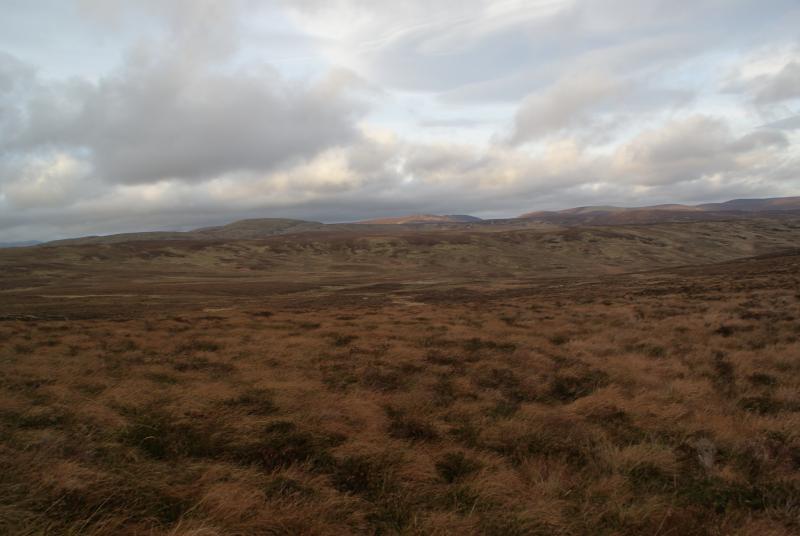
- 30 Mar 2017
Brexit. It’s a controversial issue. An issue fuelling discussions across the country. And an issue which surfaced on multiple occasions at the Business Impact School. Brexit will alter many aspects of British life. Cornerstones of EU policy such as freedom of movement and access to the single market (did someone mention cake…) must be negotiated over, and few can reasonably predict the outcome of these discussions. But why am I, a palaeoenvironmental scientist, going on about a topic arguably better left for political commentators? I work with long-term records of environmental change (think centuries to millennia long). More precisely, I look at how blanket peatlands have changed by examining properties of peat as it accumulates. A key component of my research is to examine how differing management regimes affect blanket peatland carbon accumulation. The sites I visit often have intensive management histories (e.g. burning, drainage), and upland farming has affected the natural carbon sequestering ability of these peatlands in many ways. But what does my work on farming practices, and more specifically my attendance at the Business Impact School, have to do with Brexit?
Though we’ve been consistently told that “Brexit means Brexit”, this empty phrase fails to clarify the situation for UK farmers as we extricate ourselves from the EU’s Common Agricultural Policy (CAP). The loss of CAP funds means an uncertain future especially for hill farmers as many cannot survive without financial support. Will British taxpayers subsidize food production on principle, or is there a better way to protect both the environment and farming jobs over the coming decades? There are calls for farmers to be paid not only for supplying food, but also for providing valuable environmental services such as carbon accumulation and flood protection which many public and private interests benefit from, but do not currently pay for. Such payments would remove the need for subsidies. This is where both I, and the Valuing Nature agenda, come in. The Business Impact School introduced me to a variety of organisations that account for the value of nature in their decision making, and who are actively implementing ecosystem services approaches on peatlands. I learnt that by providing reliable, objective scientific data, my research could be useful in guiding upland management which aims to promote carbon sequestration in an ecosystem services framework. Ecosystem services approaches will hopefully ensure that the environment is not forgotten when post-Brexit land management policy is developed, and the Valuing Nature agenda will likely be crucial in this dialogue between scientists, policy makers and practitioners.
Cards on the table, I voted to remain and I was disappointment by the result. I do though see Brexit as an opportunity to reform our current, imperfect land management system. Just because a process seems likely to have adverse effects on many areas of British life, doesn’t mean we can’t strive to make some good of it. Omelette anyone?
